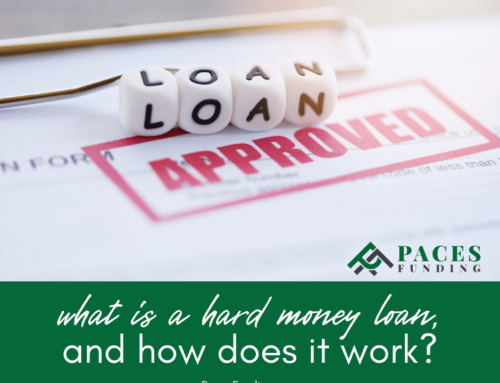
How Does Your Credit Score Affect Your Ability to Get a Loan?
You already know that your credit score is important. It’s what lenders use to determine whether you’re trustworthy enough for them to take a financial gamble on you – and it’s what could make or break your next real estate investment.
Sure, your credit score is a general indicator of your fiscal health. But it’s not the only thing that matters… unless you’re dealing with a big bank or major lender.
Does Credit Matter with a Hard Money Loan?
Credit does matter with a hard money loan, but not to the extent you might expect. We don’t have a minimum credit score requirement. We base our loans on your ability to repay it, your investment in (and the cost of) the property, and the after repair value, or ARV on the property.
What’s a Good Credit Score for a Bank?
If you’re purchasing a house and you’re using traditional financing, your lender will probably prefer your credit score to be at least in the mid-600s. With that type of score, you’re not going to qualify for the best rates. Even with a score of 700 or higher, you may not qualify for very favorable terms.
What Affects Your Credit Score?
Most people already know that late payments, bankruptcies and foreclosures will negatively impact their credit reports, but if your credit is close to dipping below the minimum that a lender will accept, you need to know that several other factors will affect it as well. Those factors include:
- High balances on your credit cards
- Hard inquiries on your credit report
- Credit that’s too new
- Opening new credit accounts
- Lack of established credit
How Can I Check My Credit?
Thanks to the Federal Trade Commission, everyone is entitled to one free copy of his or her credit report each year. The only FTC-authorized website for free credit reports is AnnualCreditReport.com.














